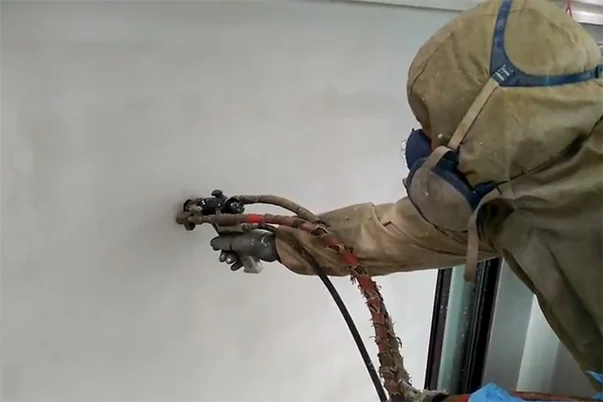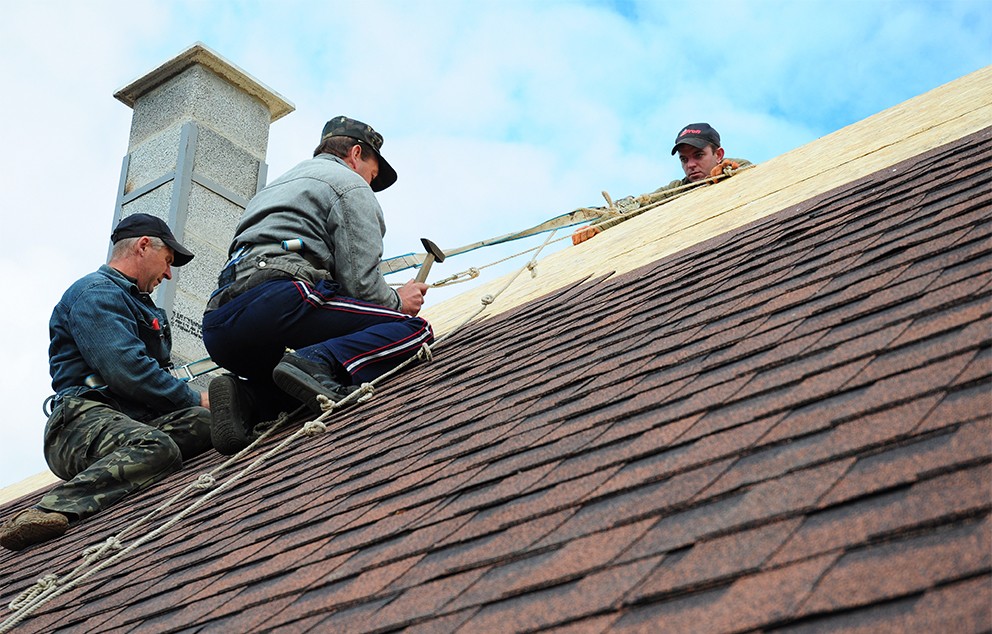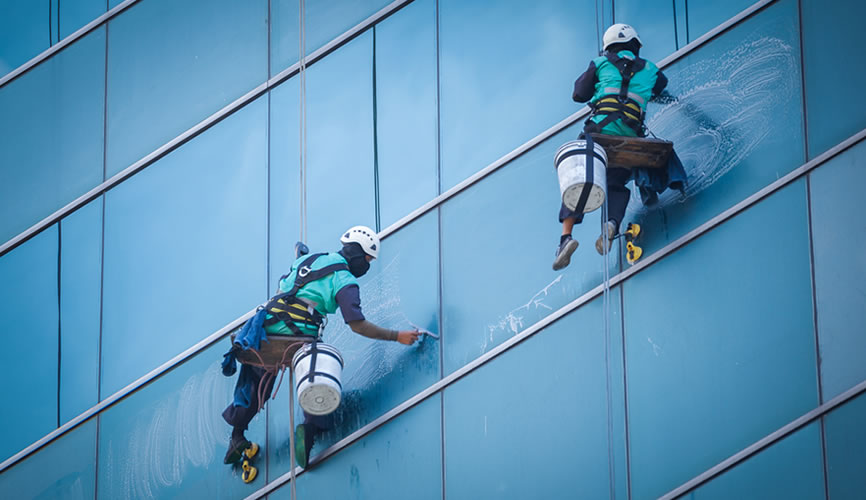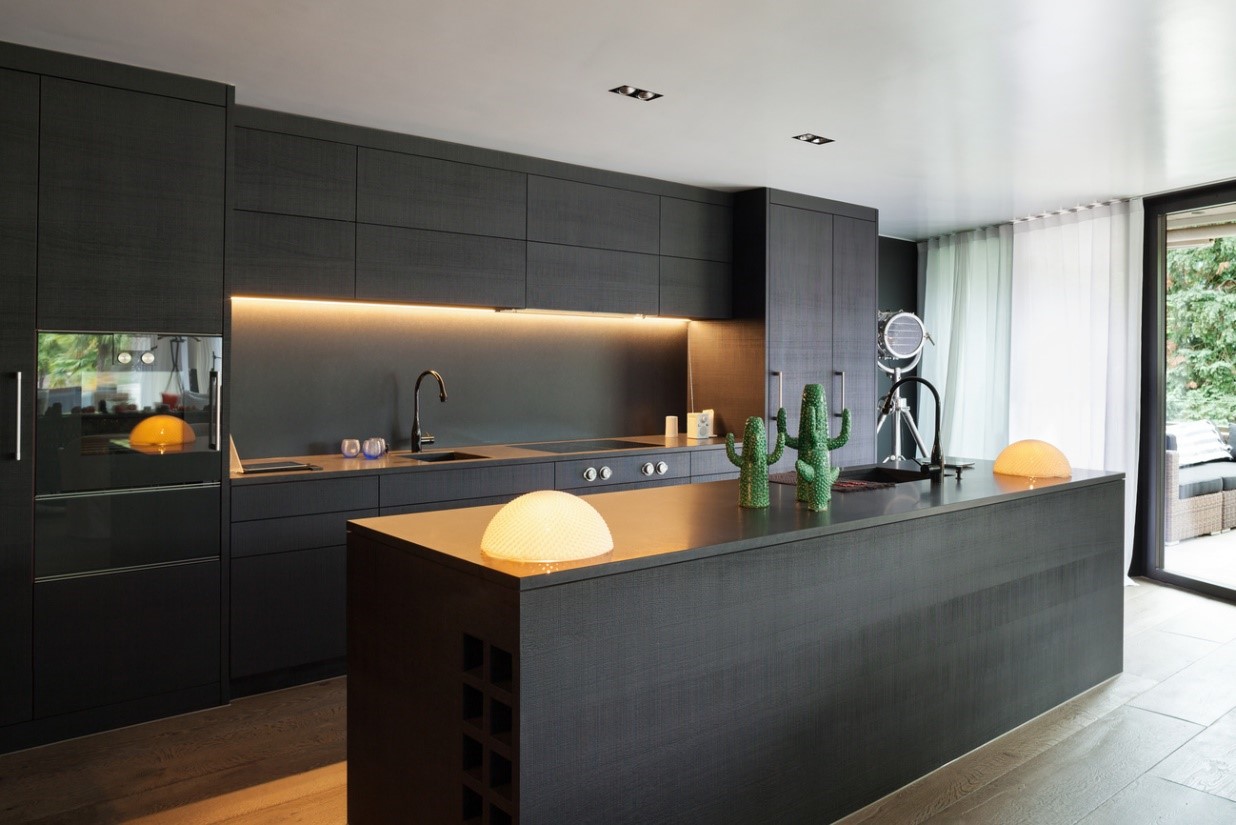
Let’s be honest, folks. My artistic talents peaked in kindergarten finger-painting. So, how did I end up in the world of signage? Blame it on a well-meaning (but slightly misguided) attempt at a lemonade stand. Back then, my masterpiece of construction paper and glitter failed to attract a single customer. Little did I know, that experience would spark a lifelong fascination with the power of visual communication, leading me to the dynamic world of signage.
Fast forward a few years (and several less-embarrassing art projects!), and I’m now a proud member of the team at SingSign, a leading signage company in Singapore. People often ask, “What exactly does a signage company do?” Well, buckle up, because the answer is far more fascinating than just sticking a logo on a board.
Beyond the Billboard: A Spectrum of Services
Gone are the days of the dusty old sign shop. Today’s sign maker in Singapore offers a comprehensive suite of services, from conception to completion. Here’s a glimpse into the diverse world of SingSign:
- Design & Branding: Our creative team doesn’t just design signs – they craft brand experiences. From eye-catching logos to cohesive brand messaging, we ensure your signage reflects your



